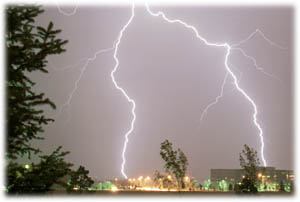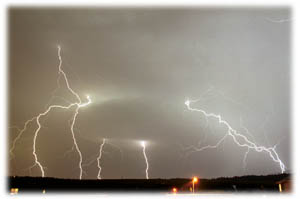| |
Parameterized Variables (Macros)
It is possible to pass parameters to TWiki variables. This is called a macro in a programming language.
To define a parameterized variable, set a variable that contains other variables, such as:
* Set EXAMPLE = Example variable using %DEFAULT%, %PARAM1% and %PARAM2%
* Set DEMO = Demo using %DEFAULT{ default="(undefined)" }%,
%PARAM1{ default="(undefined)" }% and %PARAM2{ default="(undefined)" }%
A special %DEFAULT% variable denotes the default (nameless) parameter of the calling variable. Variables optionally may list a default="..." parameter that gets used in case the calling variable does not specify that parameter.
To use a parameterized variable (or call a macro), add parameters within the curly brackets, such as:
* %EXAMPLE{ "foo" PARAM1="bar" PARAM2="baz" }%
* %DEMO{ "demo" PARAM2="parameter 2" }% -- note that PARAM1 is missing
which resolves to:
- Example variable using foo, bar and baz
- Demo using demo, (undefined) and parameter 2 -- note that PARAM1 is missing
Parameters in the variable definition are expanded using the following sequence:
- Parameter from variable call. In above example,
%PARAM1% gets expanded to bar.
- Session variable and preferences settings
Example
Define variables:
* Set DRINK = red wine
* Set FAVORITE = My %DEFAULT{default="favorite"}% dish is %DISH{default="steak"}%,
my %DEFAULT{default="favorite"}% drink is %DRINK%.
 The default can be defined with a default parameter ( The default can be defined with a default parameter (%DISH{default="steak"}%), or as a preferences setting (Set DRINK = ...).
Use Variables:
%FAVORITE{ DISH="Sushi" DRINK="Sake" }%
Returns:
My favorite dish is Sushi,
my favorite drink is Sake.
%FAVORITE{}%
Returns:
My favorite dish is steak,
my favorite drink is red wine.
%FAVORITE{ "preferred" }%
Returns:
My preferred dish is steak,
my preferred drink is red wine.
Related: TWikiVariables, IncludeTopicsAndWebPages |



